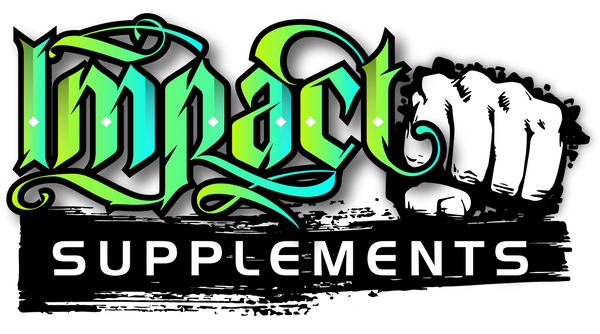Debunking Common Myths About Dietary Supplements
Dietary supplements have become increasingly popular in recent years, with many people incorporating them into their daily routines. While some supplements can be beneficial for certain individuals, there are also numerous myths and misconceptions surrounding them. In this article, we will debunk some of the most common myths about dietary supplements to help you make informed decisions regarding your health.
Myth 1: All Supplements Are Safe and Effective
Fact: Not all supplements are created equal. While some supplements can be safe and effective when used as directed, others may be ineffective or even harmful. The safety and efficacy of a supplement can vary widely depending on factors such as the quality of the product, the dosage, and individual factors like health status and medications.
Myth 2: Supplements Can Replace a Balanced Diet
Fact: Dietary supplements are meant to supplement, not replace, a balanced and nutritious diet. Whole foods provide a wide array of nutrients, including fiber, antioxidants, and phytochemicals that supplements cannot fully replicate. Relying solely on supplements can lead to nutrient imbalances and deficiencies.
Myth 3: More Is Better
Fact: Taking excessive amounts of supplements, known as megadosing, can be harmful. Vitamins and minerals have recommended daily allowances (RDAs) for a reason, as excessive intake can lead to toxicity. Always follow the recommended dosages provided on supplement labels or consult with a healthcare professional for guidance.
Myth 4: Supplements Are Regulated and Tested for Safety
Fact: The regulation of dietary supplements is less strict compared to pharmaceutical drugs. While the FDA (Food and Drug Administration) or TGA (therapeutic goods Administration) does regulate supplements, it does not require the same level of rigorous testing for safety and efficacy as it does for drugs. This means that some supplements may contain impurities, contaminants, or inaccurate labeling.
Myth 5: Natural Supplements Are Always Safe
Fact: Natural doesn't always mean safe. Many harmful substances are found in nature, and some natural supplements can have side effects or interact with medications. Just because a supplement is derived from a plant or herb doesn't guarantee its safety.
Myth 6: Supplements Can Prevent or Cure Diseases
Fact: While certain vitamins and minerals play a role in maintaining good health and preventing nutrient-deficiency diseases, supplements alone cannot prevent or cure serious medical conditions like cancer, diabetes, or heart disease. A healthy lifestyle, including a balanced diet and regular exercise, is crucial for disease prevention.
Myth 7: Supplements Are Necessary for Everyone
Fact: Not everyone needs to take dietary supplements. If you have a well-balanced diet and are in good health, you may not require supplements. It's important to assess your individual needs and consult with a healthcare professional before starting any supplement regimen.
Myth 8: All Supplements Interact Well with Medications
Fact: Some supplements can interact with medications, potentially reducing their effectiveness or causing adverse effects. It's crucial to inform your healthcare provider about all supplements you're taking to ensure they won't interfere with your medications.
Myth 9: Supplements Can Compensate for an Unhealthy Lifestyle
Fact: No amount of supplements can fully compensate for an unhealthy lifestyle. A proper diet, exercise, adequate sleep, and stress management are essential components of overall health. Supplements should complement a healthy lifestyle, not serve as a substitute for it.
In conclusion, while dietary supplements can be beneficial when used appropriately, it's important to dispel common myths and exercise caution when incorporating them into your routine. Always consult with a healthcare professional before starting any new supplement regimen, and prioritize a well-balanced diet and healthy lifestyle as the foundation of your health and wellness journey.

